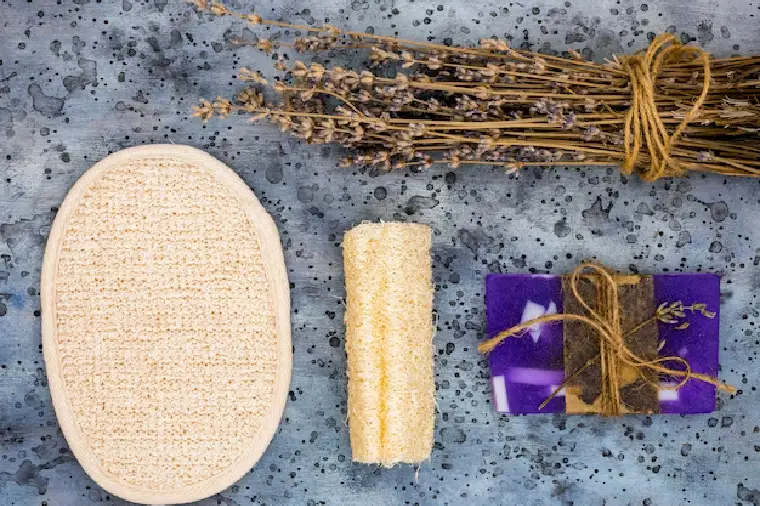As more Australians embrace sustainable living bathroom rituals are becoming more environment friendly. One frequently disputed item is the basic loofah. While plastic loofahs have long dominated grocery shelves, natural loofahs are becoming more popular as a greener alternative. But are they actually better for you and the environment?
- What Is a Natural Loofah?
- The Environmental Impact
- Skin Health and Hygiene
- Durability and Cost
- Production and Ethical Considerations
- Compostability and Waste Management

